Why Do Cows Stare At You – Introduction
The gentle, bovine gaze of a cow, fixated upon you with unwavering attention, can evoke a sense of curiosity and wonder. Often regarded as docile creatures, cows’ habit of staring has intrigued and puzzled observers for generations. What prompts these gentle giants to fixate their gaze upon us with such intensity? Let’s embark on a journey into the world of bovine behavior to uncover the myriad reasons behind why cows stare at us.
1. Curiosity and Awareness:
Cows possess a natural curiosity about their surroundings, coupled with a keen sense of awareness. When confronted with something unfamiliar or intriguing, such as a passing human, they may exhibit a behavior known as “staring.” This prolonged gaze allows them to assess potential threats, gather information about their environment, and satisfy their innate curiosity about the world around them. Whether it’s a new scent in the air or an unfamiliar sound, cows are adept at using their senses to explore and understand their surroundings.
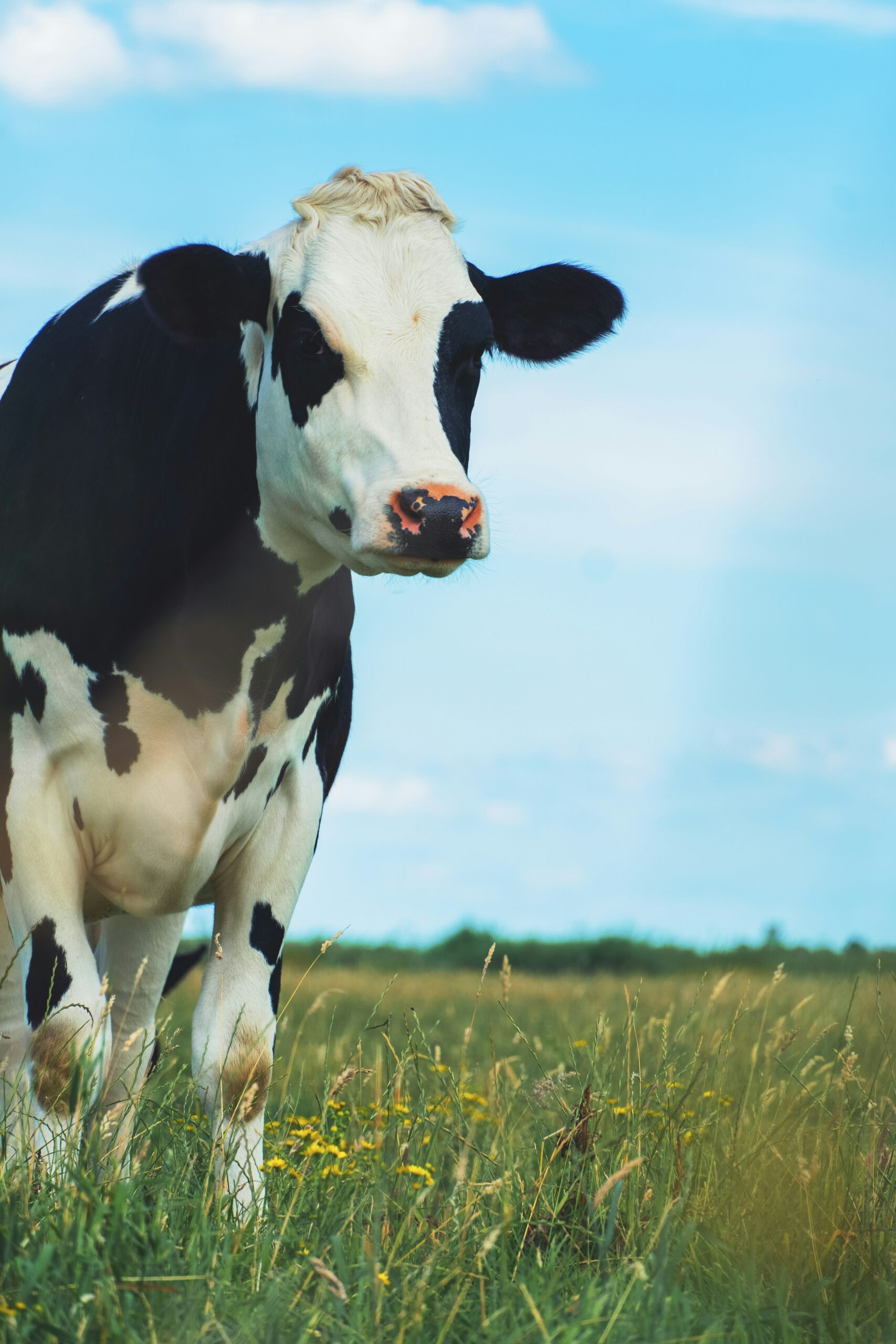

2. Social Hierarchy and Dominance:
Within the social structure of a herd, cows establish a pecking order based on factors such as age, size, and temperament. Staring can be a means of social communication among cows, used to assert dominance or establish social rank within the group. A cow may stare at a human as a display of confidence or to assert its presence in the environment. Similarly, cows may engage in staring contests with one another as a means of reinforcing their position within the herd hierarchy.
3. Recognition and Familiarity:
Cows are remarkably intelligent animals capable of recognizing individual humans and animals. When a cow stares at you, it may be trying to discern whether you pose a threat or if you are someone familiar to them. This behavior is particularly common in cows that have been raised in close proximity to humans or have had positive interactions with people in the past. They may stare as a way of acknowledging your presence and determining your intentions. For example, a cow raised on a farm may stare at the farmer with anticipation, knowing that they are often associated with food or care.
4. Visual Communication:
While cows may not vocalize as frequently as other animals, they rely heavily on visual cues to communicate with one another and with humans. Staring can be a form of nonverbal communication used by cows to convey a range of emotions and intentions. For example, a cow may stare intently at a human to signal curiosity, interest, or even a desire for interaction. Conversely, a prolonged stare with lowered head and tense body language may indicate apprehension or discomfort.
5. Environmental Awareness:
Cows are prey animals with a natural instinct for self-preservation. Staring allows them to assess potential threats in their environment and remain vigilant against predators or unfamiliar stimuli. In agricultural settings, where cows may encounter various sights and sounds, staring serves as a means of staying alert and ready to react to any perceived dangers. For example, a cow may stare intently at a rustling bush or unfamiliar object, evaluating whether it poses a threat to their safety.
The habit of cows staring at humans is a multifaceted aspect of their behavior that reflects their innate curiosity, social dynamics, recognition abilities, communication skills, and environmental awareness. While the intensity of their gaze may sometimes feel disconcerting, it is essential to remember that cows are sentient beings with their own unique ways of interacting with the world around them. By understanding the motivations behind their behavior, we can develop a deeper appreciation for the complex lives of these gentle giants.
The Mystery of Why Cows Stare At Us: https://m.youtube.com/watch?v=-7XyDPwrS50&pp=ygUYV2h5IERvIENvd3MgU3RhcmUgQXQgWW91
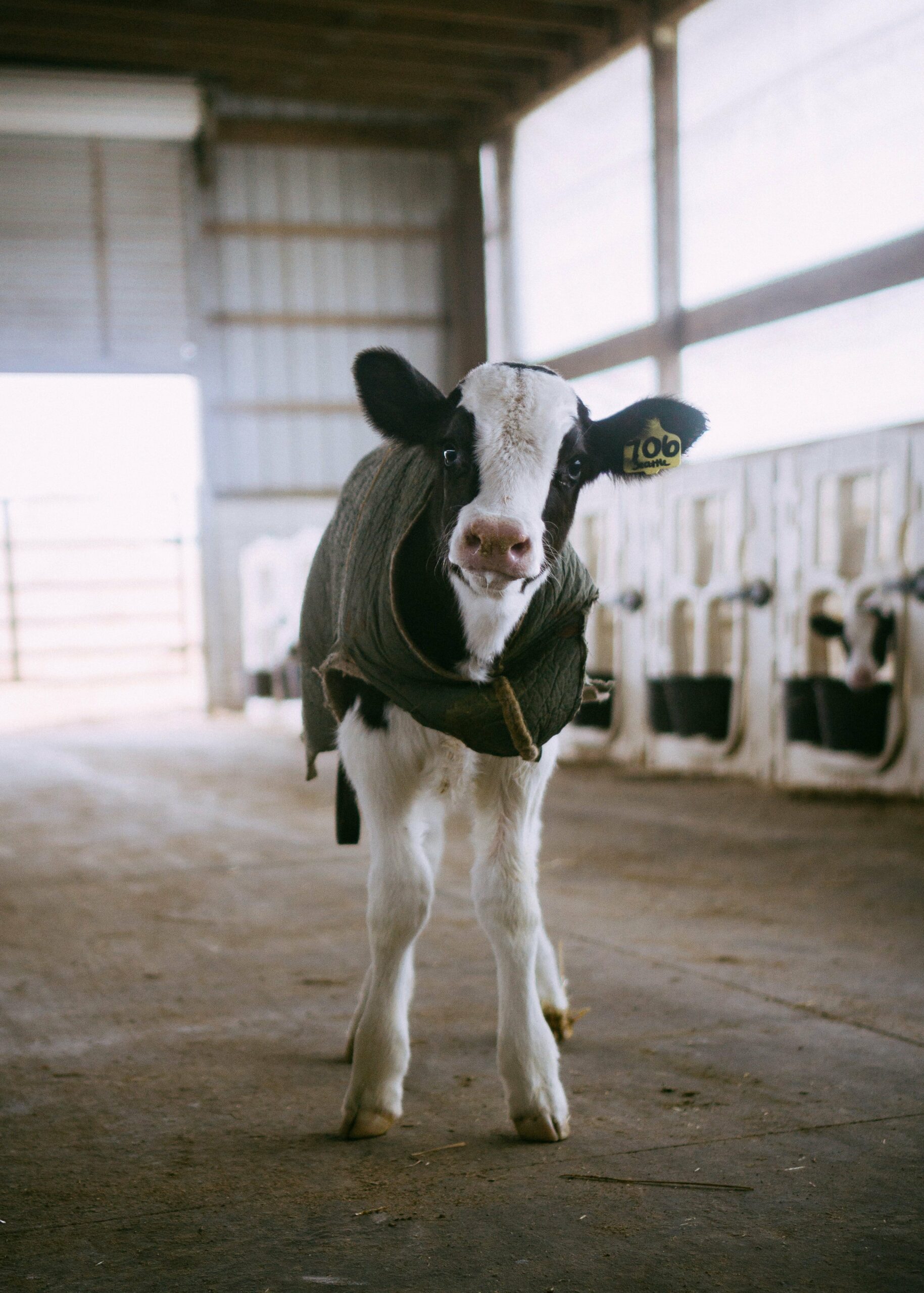

Conclusion
In conclusion, the habit of cows staring at humans is a fascinating aspect of their behavior that encompasses a range of motivations, including curiosity, social dynamics, recognition, communication, and environmental awareness. While the intensity of their gaze may sometimes be disconcerting, it is a natural expression of their innate instincts and cognitive abilities.
By delving into the complexities of bovine behavior, we gain a deeper appreciation for the rich inner lives of these gentle creatures. As stewards of the natural world, it is incumbent upon us to observe, respect, and understand the behaviors of animals such as cows, fostering greater empathy and coexistence between humans and the animal kingdom.
More Links :
Do Cows Like To Be Petted: Embracing Bovine Affection: Understanding If Cows Enjoy Being Petted in ’24!: https://animfarm.com/do-cows-like-to-be-petted/?amp=1
Are Cows Social: Delving Deeper into the Amazing Social Lives of Cows in 2024!: https://animfarm.com/are-cows-social/?amp=1
Do Cows Dislike the Smell of Their Own Waste? Cows and Their Dung: https://animfarm.com/do-cows-dislike-the-smell-of-their-own-waste/?amp=1
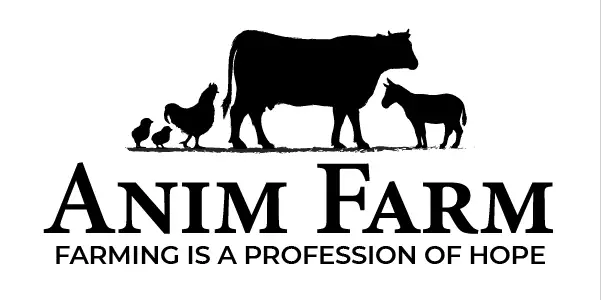
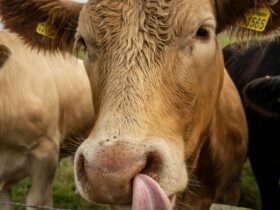
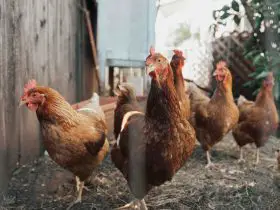
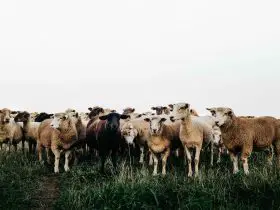
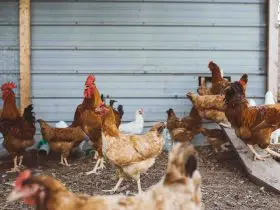
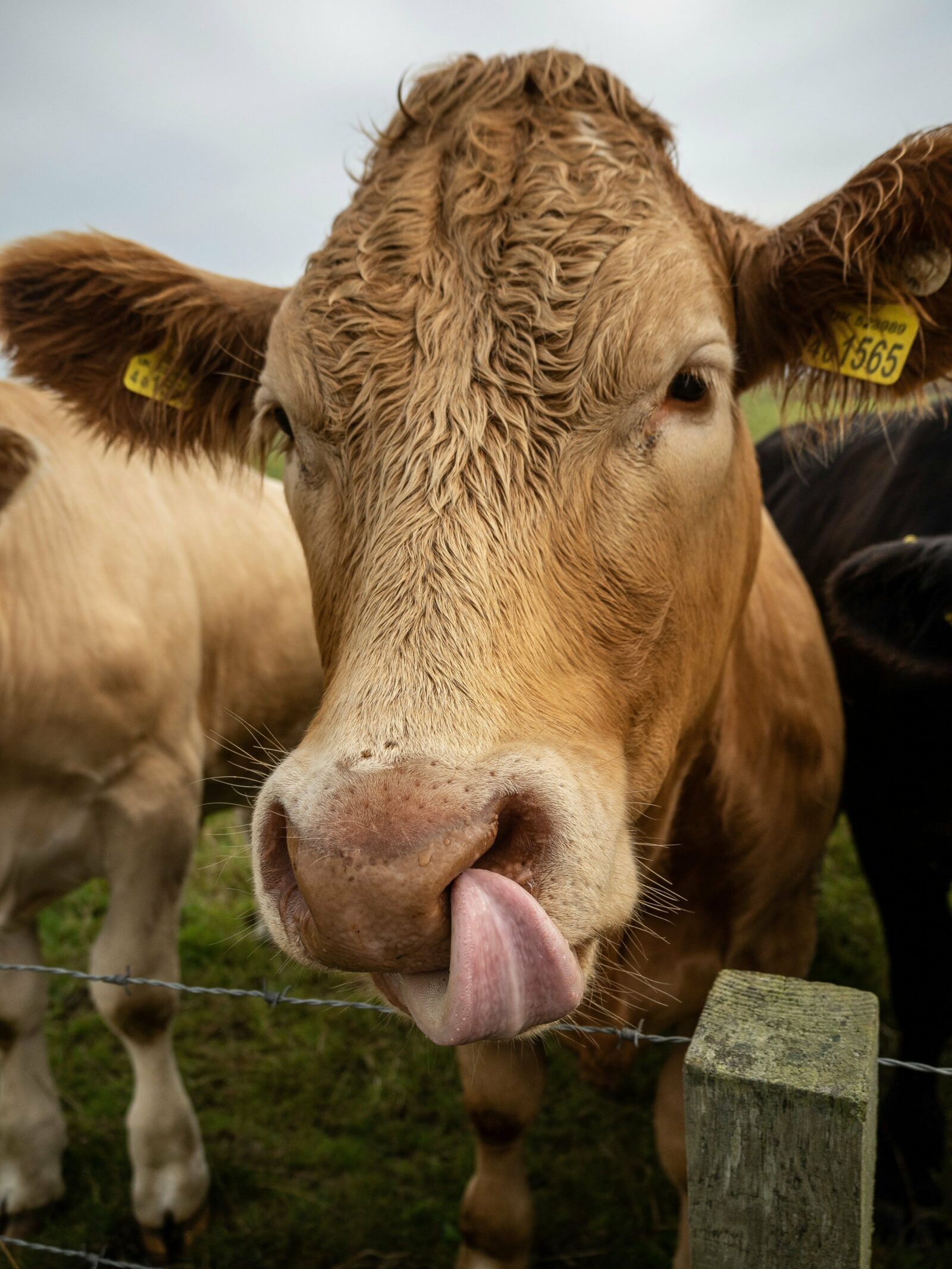
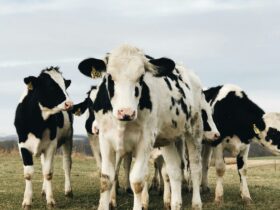
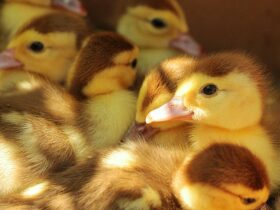
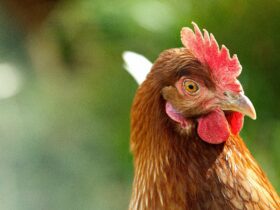
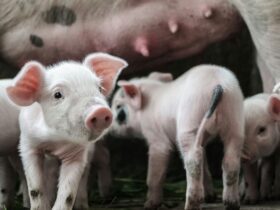
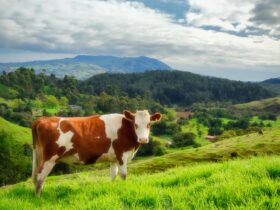
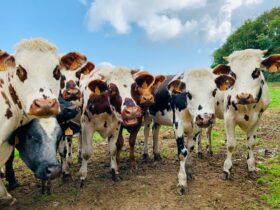
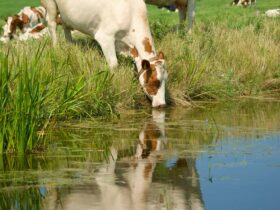

Hello!! Welcome to Anim Farm